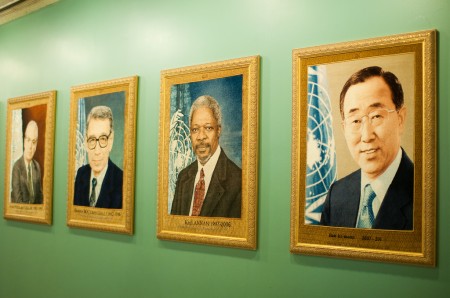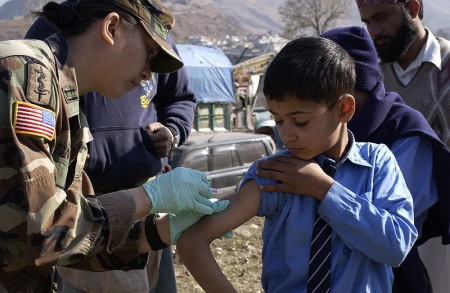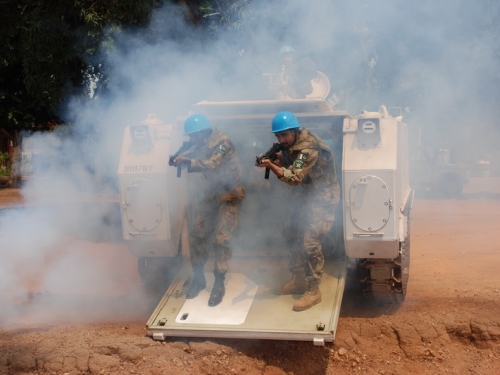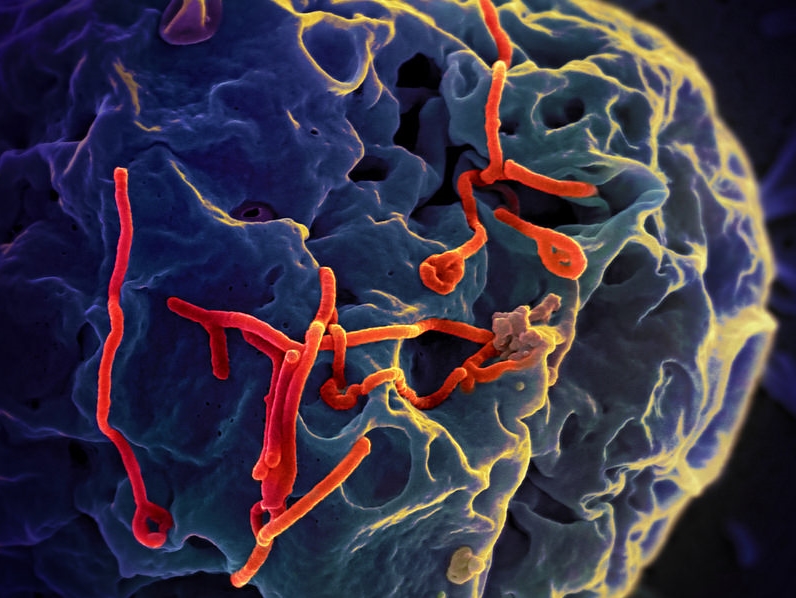
This article was originally published by IPI Global Observatory on 22 March 2016.
Last month, United Nations Secretary-General Ban Ki-moon released a long-awaited report, One Humanity: Shared Responsibility, outlining his vision for reforming the global humanitarian system. Riding a wave of successful negotiations on climate change and the 2030 Sustainable Development Goals (SDGs), the Secretary-General is seeking to end his final term by laying the groundwork for what he calls “a new paradigm” for the international aid system. During his tenure, the UN has witnessed large-scale suffering in Syria, climate-related natural disasters, and a massive exodus of refugees to Europe. With the humanitarian system buckling under extraordinary pressure—including 60 million people forcibly displaced and requiring an estimated $20 billion USD to feed and care for them—the timing could not be better.
UN secretaries-general from Dag Hammarskjöld to Kofi Annan have released landmark reports and spearheaded initiatives that went on to have significant—albeit under-recognized—impacts on the multilateral system. Notable among these is Agenda for Peace, written by former UN Secretary-General Boutros Boutros-Ghali in 1995 in the aftermath of the Rwandan genocide and the Srebrenica massacre. The fact that Ban titled his report’s annex Agenda for Humanity is likely no coincidence. Some of these past initiatives may offer instructive guidelines for today. With the first ever World Humanitarian Summit (WHS) approaching in May in Istanbul, can the Secretary-General help reshape the global humanitarian agenda?



